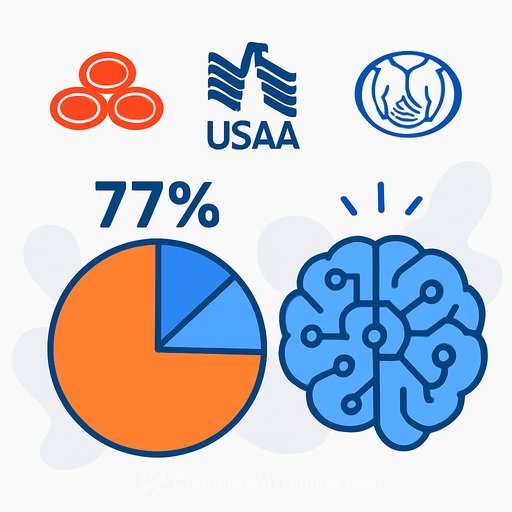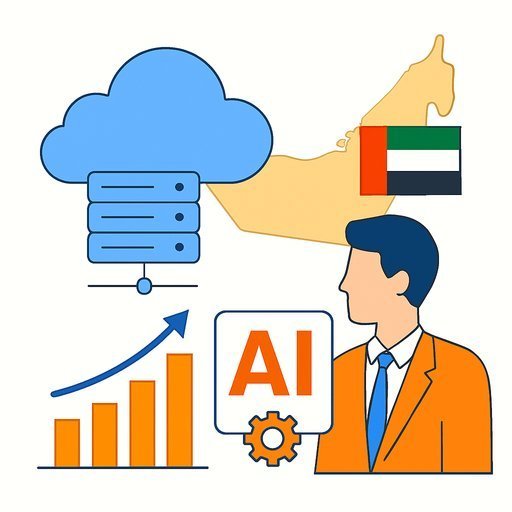The Rise of AI in Insurance Denials
Artificial intelligence is changing how insurance denials play out, creating new challenges and opportunities. Insurers are using AI to speed up claim denials, but patients are now leveraging AI tools to fight back and appeal those decisions. This shift is starting to alter interactions among patients, providers, and payers.
A notable example comes from Georgia, where a resident used AI to write an appeal letter after her insurance denied coverage for a necessary procedure. By feeding her case details into an AI platform, she generated a strong appeal in minutes—saving hours or even days compared to traditional methods. Online communities, like Reddit’s r/technology, show growing numbers of users sharing AI tips for successful appeals, often reporting better results than manual efforts.
Insurers and AI Algorithms
Insurance companies have long used algorithms to streamline claim processing, but the rise of advanced AI has led to higher denial rates. A Senate investigation revealed that some insurers, such as UnitedHealthcare, employed AI models with error rates reaching 90%. These flaws resulted in wrongful denials and lawsuits, exposing the risks of relying too heavily on AI for cost-cutting.
While AI improves efficiency for payers, it often creates barriers for patients. A report from ETHealthworld’s 2025 Future Health Index highlights booming AI adoption in healthcare claims, but also raises ethical concerns. Users frequently criticize insurers for using flawed algorithms that deny routine care like annual checkups.
How Patients Are Using AI to Appeal
New AI tools are making appeals more accessible for patients. Startups offer platforms that analyze denial letters, reference relevant policies, and generate personalized appeal arguments. These AI-driven appeals sometimes include citations from medical research or insurance guidelines, improving their effectiveness.
One user shared how an AI-generated appeal helped overturn a denial for a pediatric cardiology procedure. Such stories suggest AI can help level the playing field between patients and insurers. According to the World Economic Forum, automating appeals could simplify a process that was once time-consuming and complex.
Healthcare organizations like the American Medical Association emphasize the need for balanced AI use. While AI can reduce administrative workloads, oversight is essential to prevent misuse or unfair decisions.
Regulatory and Ethical Considerations
Regulators are responding to the growing use of AI in healthcare claims. The EU AI Act and FDA guidelines require transparency in AI applications, including claims processing. In the U.S., Senate committees continue to investigate AI-related abuses, reflecting public concern over wrongful denials.
For insurance leaders, the message is clear: AI must be implemented with fairness in mind. Patients using AI tools are not just appealing individual denials—they’re advocating for a more equitable system, one decision at a time.
Looking Ahead: What This Means for Insurance Professionals
The rise of AI-powered appeals will likely push insurers to improve their models and reduce errors. While AI offers benefits beyond denials—such as diagnostics—the appeals process highlights its disruptive potential in claims management.
Industry discussions reveal mixed feelings. Many report success stories but also warn against overdependence on technology. This shift represents a significant change: AI tools that once mainly benefited corporations are increasingly empowering individuals.
Insurance professionals should stay informed about AI developments and consider how these tools might affect workflows and patient relations. For those interested in deepening their AI knowledge, resources like Complete AI Training offer courses on AI tools and applications relevant to insurance.
Your membership also unlocks:






